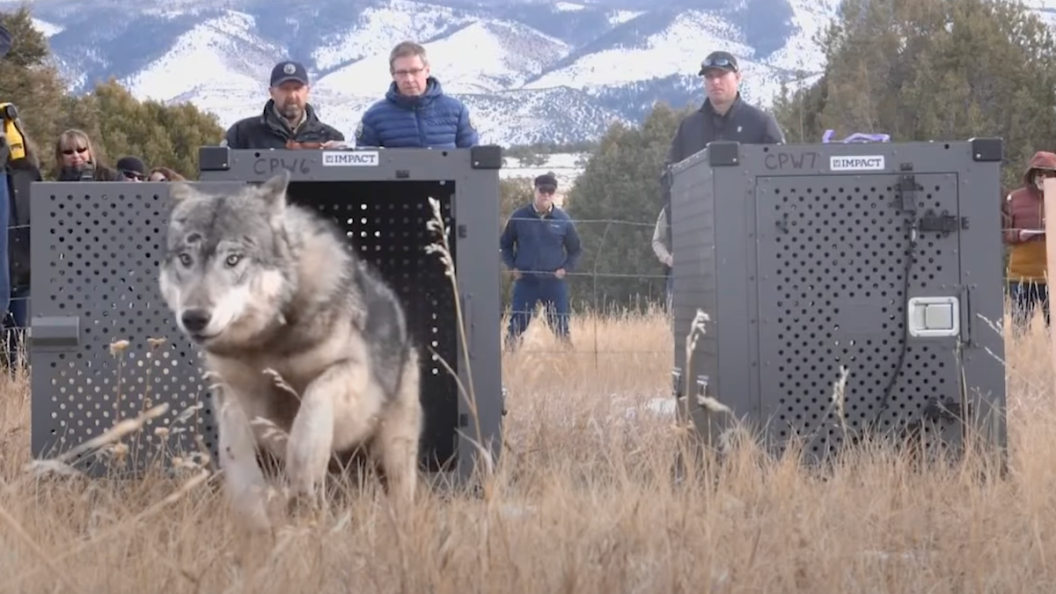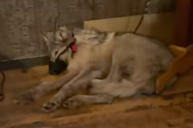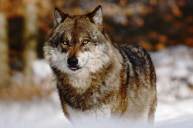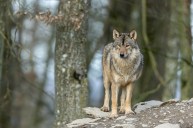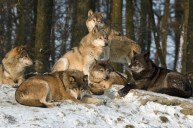The Colorado Parks & Wildlife office reported the first and second cases of wolf-livestock depredation since gray wolves were reintroduced into the state last year. Officials say they occurred five days apart from each other.
In an announcement, officials said the most recent incident happened on Monday when a wildlife officer responded to a report of a possible depredation incident in Jackson County in northern Colorado.
During a field investigation, the officer found injuries on a dead calf that were consistent with wolf depredation, which included a partially consumed hindquarter, as well as partial wolf tracks.
In the statement, Parks & Wildlife officials said they are aware of four wolves, including ones that were reintroduced in December, living in the area, but, citing state law, they declined to give specific location details.
And then, the first incident happened on April 3, after officers received a call about possible wolf-livestock depredation in Grand County, which is near Denver. About the case, officials also said they found a dead calf with injuries consistent with wolf depredation and partial wolf tracks.
Additionally, officials said that under state law, the livestock producers who lost cattle are eligible for reimbursement, which he or she will receive the fair market value of the animal.
Wildlife officials re-introduced 10 wolves into the state back in December as part of the Colorado Wolf Restoration and Management Plan, which voters passed as a ballot measure. As part of the project, officials have been monitoring the wolves via GPS tracking collars and publicly updating activity maps.
According to last month's data, collared wolves roam an area spanning more than 120 miles east and west and north and south.
Officials say they anticipate the population to grow as big as 30 or 50 wolves in the next three to five years.
